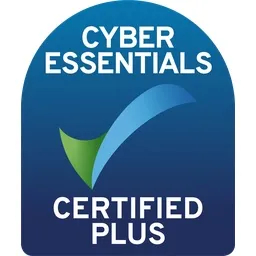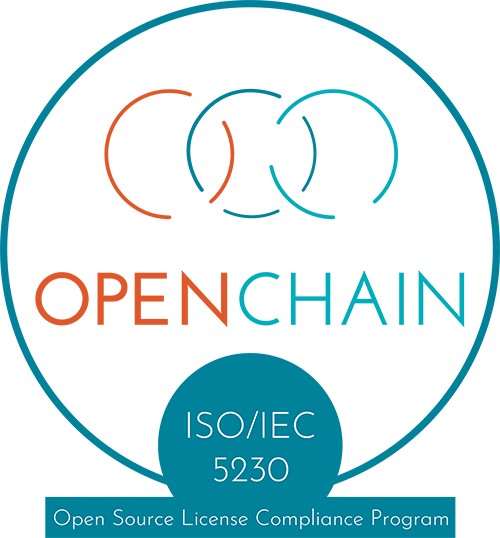Data sovereignty for collaboration and messaging.
What is data sovereignty?
Data sovereignty means keeping ownership and control of your data, so it remains subject to your governance structure.
Element delivers data sovereignty whether it's deployed on-premise, self-hosted in a private cloud or through our fully managed hosted service; Element Cloud.
What are the benefits of data sovereignty?
Retaining ownership and control of your data gives you independence; the ability to move your data and, alongside an open standard, freedom from vendor lock-in.
Owning and controlling your data gives you independence and flexibility.
Independence
Based on the Matrix open standard, it’s easy to switch the hosting solution and app so there’s no vendor lock-in.
Your data sits on its own server, not inside a vendor-controlled data honeypot.
Flexibility
You’re free to deploy Element on-premise, in the cloud or a hybrid of both.
Host data from your own premises, or the most logical mix of locations.
Perfect for federation.
With every organisation able to host and own its data, Element is the perfect option for large-scale federation across an entire ecosystem.
Learn more
How does Element provide data sovereignty?
Traditional collaboration tools and messaging apps see your data move into the vendor’s infrastructure; raising questions around security, where the data resides, third party access, regulatory compliance and vendor lock-in.
With Element, whether you run it on-premise or in the cloud, you can just point your domain name at the server (yep, even in the cloud!). You retain the independence to move your data to another server, data centre or provider because Matrix is an open standard - you can self-host or use one of thousands of providers.
And because your data is end-to-end encrypted, the server admin has no access to it whatever hosting model you’ve chosen.
Element is a unique combination.
Universal
An open network; you can talk with anyone else on Matrix, and bridge to others stuck in proprietary systems like Slack and WhatsApp.
Data sovereignty
Host your data so you stay in control, on-premise or in the cloud. Choose the host, geography and jurisdiction.
Secure
End-to-end encryption by default, and cross-signed device verification. No datamining, third-party access or eavesdropping.


